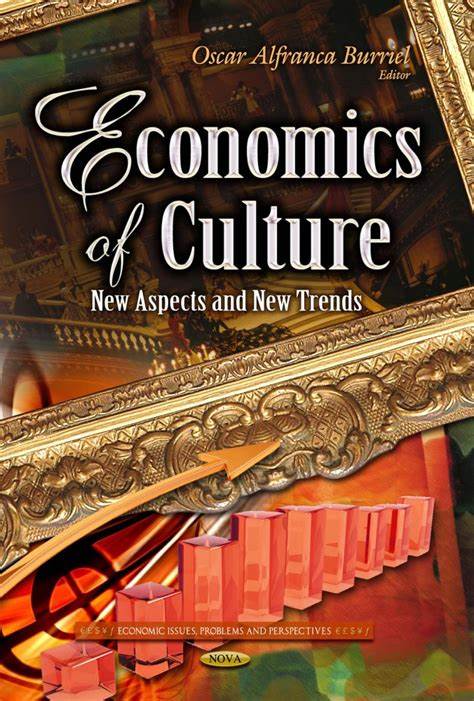It was the famous scholar, Sheikh Adam Abdullahi Al-Ilory, who once wrote that the impact which Ilorin has made on the history of Nigeria especially during the century preceding the colonization of the country, was greater, than the duration of the history of the town itself. In the same vein, surveying the impact which Ilorin had on recent history, Dr. Y.T. Gella, said it was incredible, that a city which began by clearing its surroundings, perhaps at the opening of the 19th century and was attracting and absorbing immigration, had by the mid- 19th century switched over to the subjugation of smaller and larger entities, including the famous Oyo Empire which was sacked by Ilorin warriors in 1837. By the middle of the 19th century, Ilorin had attained all the attributes of a military city, and as the records indicate, with soldiers and civilians alike partaking in the glories and fortunes so associated with its new status. It should be borne in mind, that the underlining current was the triumph of the Jihad of Sheikh Usmanu Bin Fodio in 1804, and the “domino effect” which that had all over the Central Sudan, stretching to Ilorin, under the aegis of Sheikh Salih Bin Janta (Alimi). The banner of the Jihad brought disparate peoples together to fight the common cause of Islam: Yoruba, Fulani, Nupe, Hausa, Gobir Baruba, Kanuri, and even the Wangarawa Fulani from Mali. It is this historical factor that has remained a major source of strength for Ilorin’s people up till today. It is in fact one reason, why many scholars point to Ilorin as a remarkable success for the Jihad of the 19th century. Ilorin’s unity of purpose was achieved in the various battles its people fought against the (heathen) forces of the Oyo, the Ibolo, the Igbomina, Ekiti and a combination of these different peoples all through the 19th century. It was on record, that Ilorin’s armies were composed of these different peoples, in the various battles that had to be waged for the survival of the city, and of the continued strength of Islam. Sometimes, these were so difficult that Ilorin had to seek assistance from its allies, as it did in 1836/37, when the Emir of Gwandu, Halilu, led a combined Sokoto, Gwandu and Nupe force to achieve respite for Ilorin in major battles fought against the Oyo and their Baruba allies. The rapid expansion of Ilorin, according to Y.T. Gella, led to the creation of a prosperous and wealthy urban complex which was rooted in Ilorin’s natural advantage of location. It was strategically placed on the fringes of the Southern part of the Savannah and North of the forest zone. Therefore, Ilorin served as the meeting place for the people and articles of the two zones. As the southern-most Emirate of the Sokoto caliphate, Ilorin occupied the position to command the well-organised long-distance trade of the caliphate. Ilorin was the point where livestock, corn, beans, shea-butter from the north, was traded for palm products and kola nuts from the South. In a similar manner, goods came from the Igala areas of the Niger River; tin, antimony and iron from Adamawa, while goods from North Africa which found their way through Kano were brought to markets in Ilorin and thence to the forest region. Ilorin was strategically the entrepot between the emerging Yoruba states in the period that the internecine wars of those years were subsiding and the well- organised Sokoto caliphate. Ilorin’s rulers understood this position of their town and so provided the conditions for continued flowering of the city. People flocked to the city, and in a predominantly Yoruba-speaking city, Fulfude, Hausa, Kanuri and Nupe were used extensively as languages of the courts and business along with Arabic. Ilorin’s prosperity was known also to the British who already were casting an imperial eye on the trade of the Niger area – it was in pursuit of the imperial ambition for domination, that the British attacked and seized Ilorin on February 18th, 1897. That was the commencement of the end of the Sokoto caliphate, and the emergence of the colony and protectorate of Nigeria. rom an economic point of view, the British conquest led to the end of the advantages that Ilorin had accrued over decades in the North-South trade, as we had enumerated earlier. The colonial economic system did not benefit us in any appreciable manner, because that was an economic system based on the production of cash crops; unfortunately, Ilorin was not a producer of any of these scrops. Even the creation of States has not helped us much. This is because; it is non indigenes that have had the control both of administrative and commercial power in the city for most of the 32 years of the creation of Kwara State: Kabba, Igbominna and those from the South West. A cursory survey of the commercial enterprises in the city will bear us out. What we need to do now, is to massively ensure that we invest in the education of the young in Ilorin. Our young people must be encouraged to study the professional courses, so that in the course of time, we would have a crop of economists, industrialists, engineers, etc. who will help in turning round our city, and contest evenly, its economic fortunes from non indigenes. This is an imperative because if we don’t do so, we would lose control of the vital aspects of existence to those who are in control of economic power amongst us. In the new millennium this will become a major source of disquieting maneuvers in our city. But where did we begin to lose the imperative of economic power? I believe the answer must be sought in the fatalistic resignation that was often distilled as examples of conduct in every deeply (Islamic) religious society, such as we have in Ilorin. We are caught now in the web of our cultural idiosyncrasies, which can sometimes be fatalistic. However, we must also tap the vitality o f that culture and its abiding spirit of solidarity and kindness, to build newer platforms for economic advancement in the years to come. There are no easy options whatsoever for Ilorin and its very heroic people. Religious culture needs not be a source of disadvantage, because if we go back to the early state of Islam, the Prophet Muhammed (PBUH) spoke eloquently of the imperatives of economic development as the basis of the overall development of the Muslim Ummah. The classical civilizations of Islam also attested to the fact that the overall welfare of society and its vibrancy can only be attained in the context of a determined effort to develop the all-round, if latent energies available to the society in general. In most of Northern Nigeria, including Ilorin, we had been overly fatalistic about the possibilities available to us in the search for developmental options. This need not be so, because Islam in its deep seated meaning is a revolutionary platform against inertia and laziness. What we must attempt to do is to creatively adapt the impulses arising from the multi-cultural settings of our home town and its unswerving commitment to Islam, to build newer platforms of economic power for the future. Our forbearers were warriors for Islam, they built the city and achieved economic vibrancy up to the eve of the British conquest of 1897; we must tap into those sources to do even better forthe future.REFERENCE; Gella, Y.T: THE CITY OF ILOR1N in USMAN; Y.B. (ed.) CITIES OF THE SAVANAH NigerianMagazine Publications (ND). November 23,1999


